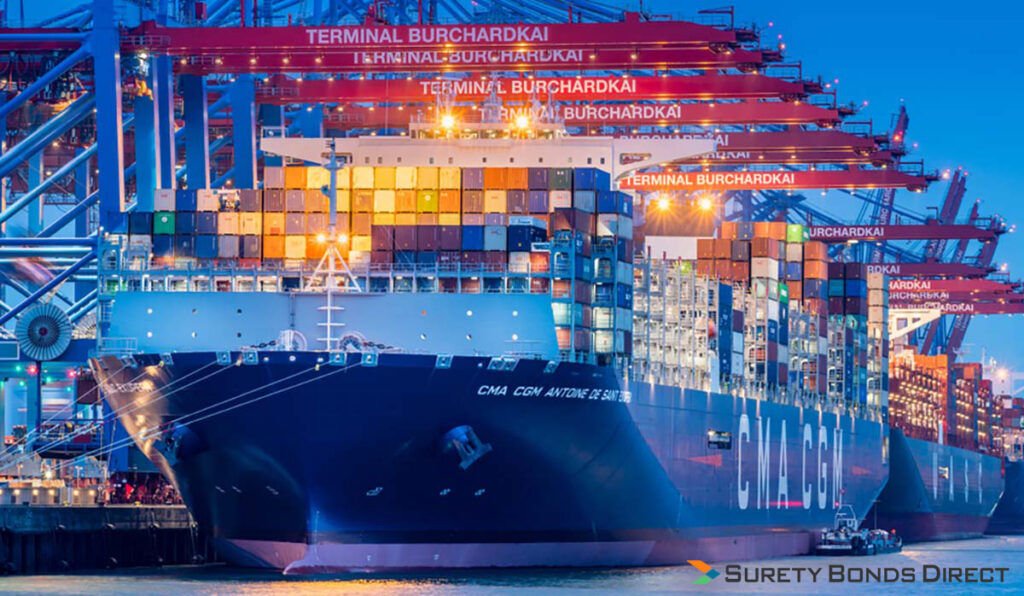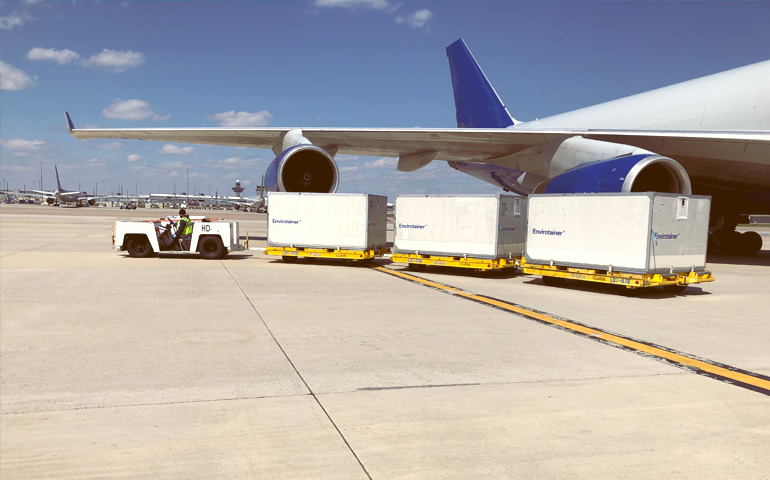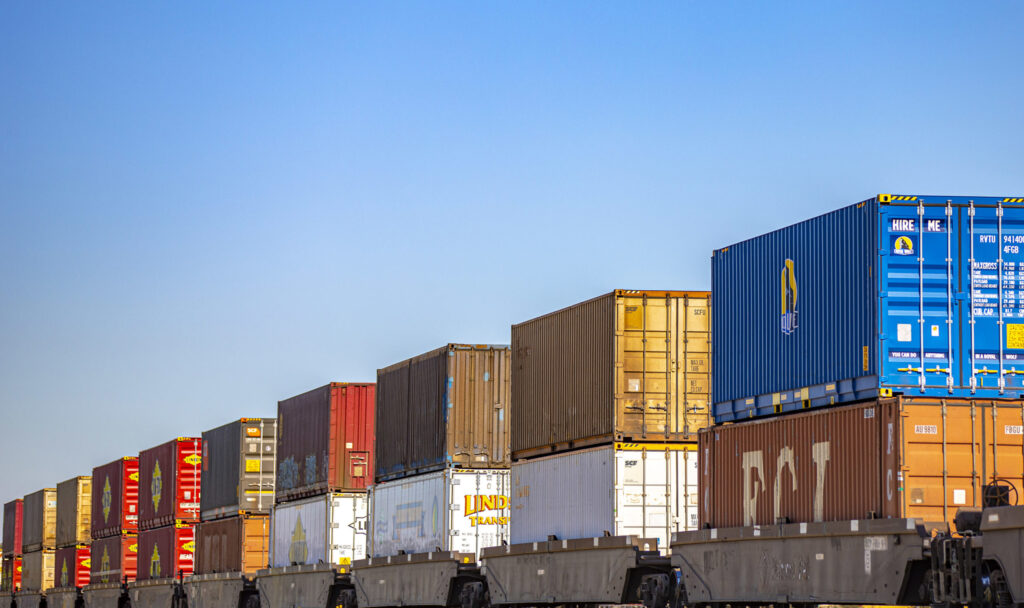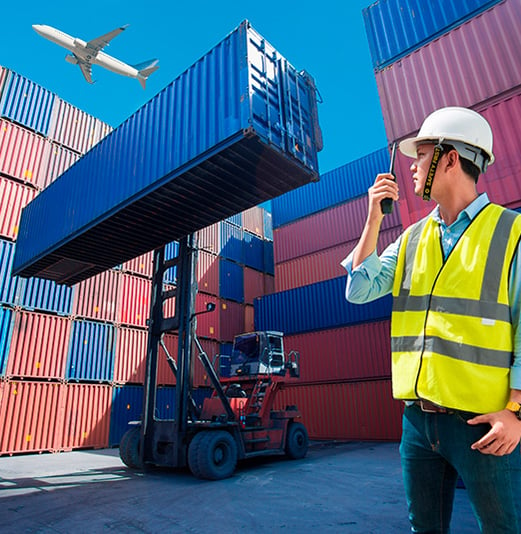Global trade has made freight forwarding in China essential for businesses worldwide. Many importers struggle with customs clearance, unpredictable transit times, and fluctuating freight rates. By understanding the process and working with reliable Chinese forwarders, companies can simplify shipping, reduce costs, and achieve smoother supply chain operations.
What Does Freight Forwarding in China Mean?
Freight forwarding is the coordination and management of cargo movements across borders. In China, forwarders arrange shipments via air, sea, rail, or courier, handling logistics, documentation, and customs.
Key responsibilities include:
- Booking cargo space with carriers
- Consolidating shipments
- Preparing customs documents
- Providing insurance and tracking services
How Much Does Freight Forwarding in China Cost?
| Shipping Mode | Typical Cost | Transit Time | Best For |
|---|---|---|---|
| Sea Freight | $1,000 – $2,500 per 20ft container | 25 – 35 days | Bulk, heavy cargo |
| Sea Freight | $1,800 – $3,800 per 40ft container | 25 – 35 days | Large-volume shipments |
| Air Freight | $5 – $9 per kg | 3 – 7 days | Urgent, high-value items |
| Rail Freight | $2,200 – $3,600 per container | 15 – 22 days | Mid-value cargo to Europe |
| Courier Services | $6 – $12 per kg | 3 – 6 days | Parcels under 300 kg |
Why Do Businesses Use Freight Forwarders in China?
Although companies can book directly with carriers, freight forwarders offer significant advantages:
- Access to negotiated rates with shipping lines
- Simplified customs procedures
- Multi-modal shipping options
- Risk management and insurance
- End-to-end visibility and tracking
What Documents Are Required for Freight Forwarding in China?
| Document | Purpose |
|---|---|
| Commercial Invoice | Declares value and origin of goods |
| Packing List | Describes contents, weights, and package details |
| Bill of Lading / AWB | Carrier receipt and shipment contract |
| Certificate of Origin | Confirms manufacturing country, qualifies for tariffs |
| Import Declaration | Submitted to destination customs |
| Insurance Certificate | Protects against loss or damage |
How Do Freight Options Compare in China?
| Mode | Pros | Cons |
|---|---|---|
| Air | Fast, secure, reliable | Expensive for heavy or bulky cargo |
| Sea | Lowest cost for bulk cargo | Long transit times, port congestion risks |
| Rail | Mid-range speed, eco-friendly | Limited destinations, higher than sea cost |
| Courier | Door-to-door, fast, simple | High per-unit price for large shipments |
Real Case Studies of Freight Forwarding in China
Case 1: Shenzhen → Hamburg (Sea Freight)
- Cargo: 40ft container of electronics
- Cost: $3,200
- Transit Time: 30 days via Port of Hamburg
- Result: Client reduced per-unit shipping cost by 35% compared to air freight.
Case 2: Shanghai → Los Angeles (Air Freight)
- Cargo: 1,200 kg of apparel
- Cost: $8,400 ($7/kg)
- Transit Time: 5 days
- Result: Shipment reached stores before seasonal sales, boosting revenue.
How to Choose the Right Freight Forwarder in China?
- Experience: Select forwarders with proven track records in your industry.
- Network: Ensure they have offices in key Chinese cities like Shenzhen, Guangzhou, Shanghai, and Ningbo.
- Transparency: Look for providers that offer clear rate structures and tracking systems.
- Compliance: Verify they follow international trade regulations.
- Customer Service: Good communication reduces delays and improves reliability.

What Are the Main Ports and Airports Used in China?
Top Ports: Shanghai, Ningbo, Shenzhen, Qingdao, Guangzhou
Top Airports: Shanghai Pudong (PVG), Guangzhou Baiyun (CAN), Shenzhen Bao’an (SZX), Beijing Capital (PEK)
These hubs handle the majority of China’s global cargo, ensuring flexible routes to Europe, North America, and beyond.
How Can You Reduce Freight Forwarding Costs in China?
- Book shipments off-peak to avoid rate spikes
- Consolidate multiple small shipments into FCL containers
- Negotiate long-term contracts with forwarders
- Use nearby alternative ports with lower congestion fees
- Optimize packaging to reduce volumetric weight in air freight
Do Freight Forwarders Handle Customs in China?
Yes. Freight forwarders assist with:
- Tariff classification
- Submission of customs entries
- Payment of duties and VAT
- Handling restricted goods permits
- Avoiding penalties for misdeclared cargo
Conclusion
In summary, freight forwarding in China is vital for businesses managing global supply chains. Sea freight is cost-effective for bulk goods, while air freight ensures speed for urgent cargo. Rail provides a balanced solution, and couriers are suitable for small parcels. Real-world cases demonstrate that choosing the right mode and working with experienced freight forwarders can reduce costs, improve delivery times, and simplify customs clearance. To summarize, partnering with a reliable freight forwarding company ensures smooth trade operations and long-term success.
- Consult TJ China Freight Forwarding for the lowest quote. They will provide you with reliable, cost-effective service.
FAQs
Q1.How much does air freight from China usually cost per kilogram?
Air freight generally costs $5–$9 per kilogram, depending on origin city, airline, cargo type, and delivery urgency.
Q2.Can freight forwarders in China manage customs clearance for importers?
Yes, professional freight forwarders handle customs paperwork, tariffs, and ensure smooth clearance for importers shipping from China.
Q3.What is the cheapest way to ship bulk cargo from China?
Sea freight remains the cheapest option for bulk shipments, offering lower unit costs compared to air or courier services.
Q4.How long does rail freight from China to Europe take?
Rail freight typically takes 15–22 days, faster than sea freight but more affordable than direct air shipping.
Q5.Do Chinese forwarders offer door-to-door shipping services?
Yes, many forwarders provide door-to-door services, combining sea, air, or rail freight with last-mile trucking.





